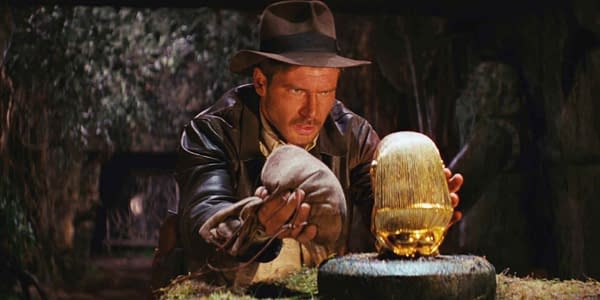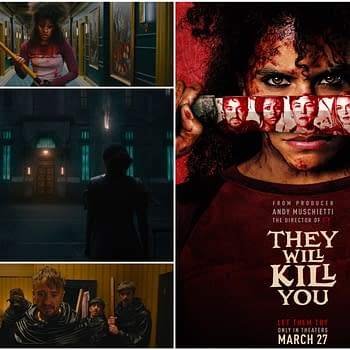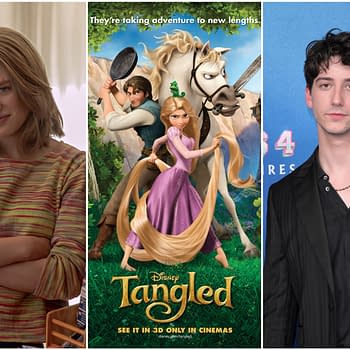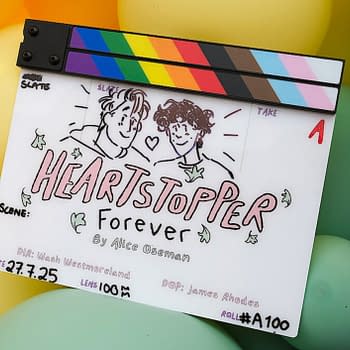Posted in: Movies | Tagged: entertainment, film, murder on the orient express, raiders of the lost ark, star wars, superman
Are The Days Of Linear Narratives Coming To An End?
This is more of an observation and question to start a discussion than an article. The question first popped in my mind when I was getting notes back on a story I'm currently writing. On a story that I had always though of in a linear narrative, I was being asked to front-load some action. I completely understood the request and once made, could see the advantages to the suggestion. But it got me to thinking. Then I went and saw Murder on the Orient Express and where the majority of the movie is straight from the novel and told in a linear format, the screenwriter added an opening scene with Hercule Poirot (Kenneth Branagh) solving a different mystery and introduced us to his abilities and methods. It was a quick, clever scene that added a lot of depth to the character and set the tone slightly different. We now knew how good Poirot was, meaning that to keep their secret, the killer would need to be very good as well.
I've been spending time working on television scripts and talking to other writers to get some pointers. One piece of advice I got was that something had to happen within the first five pages or the script would never sell. Thinking about that and some of people favorite films, it turns out to be true. Raiders of the Lost Ark? Star Wars? Any James Bond movie? All of them started with action before getting to the story. Would Star Wars been as captivating if the film started with Luke and Owen going to meet the Jawas? A lot of movies give you that action or intensity beat then jump back in time to tell you how we got there. Swordfish did that, so did Iron Man. Quentin Tarantino made a career out of telling a story out of sequence. If your story needs a bunch of set up, then to keep your audience you need to front load the action.
It's no coincidence that this seemed to start around the same time as people's attention spans got smaller. The late 70's/early 80's and the birth of the MTV generation. Just getting someone to start watching a movie or reading a story isn't enough anymore. You've got until maybe five minutes at best before some of your audience is reaching for the remote or the smartphone. Movies of the past like Superman, where it took a while to get to Christopher Reeve in the suit wouldn't work in today's market. The movies of today are made for the audiences of today and that audience is impatient and easily distracted. And because of that, the days of the straight forward linear story with a moderately paced build up are just about dead.















